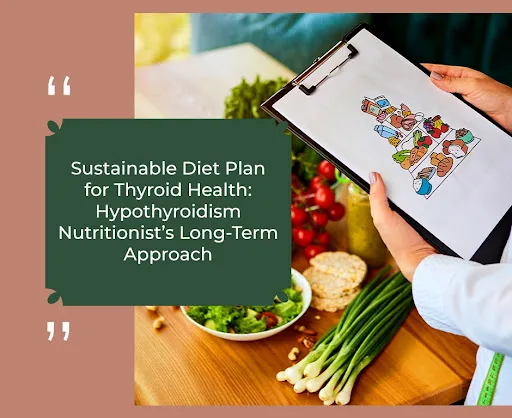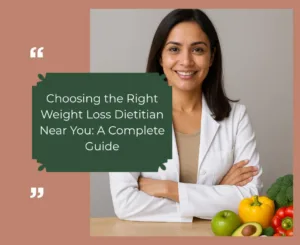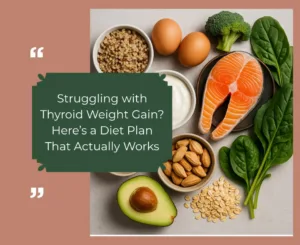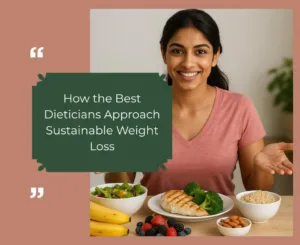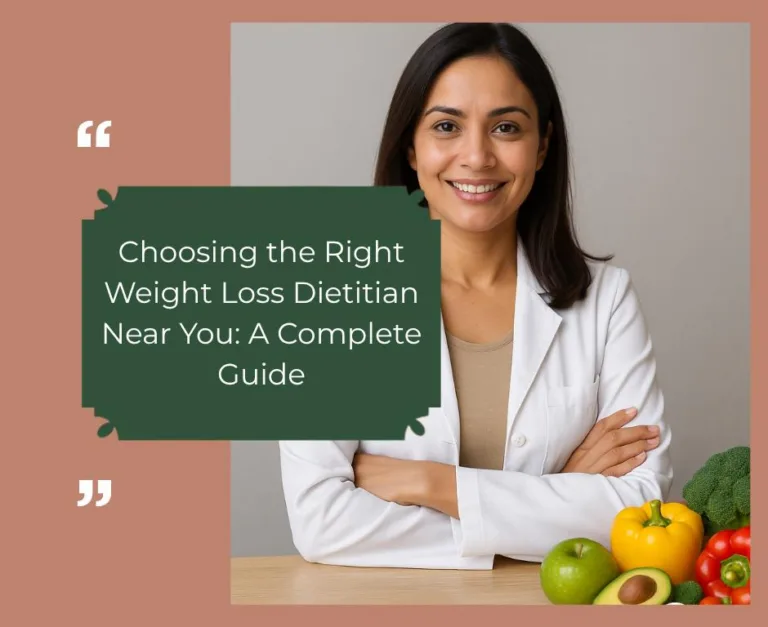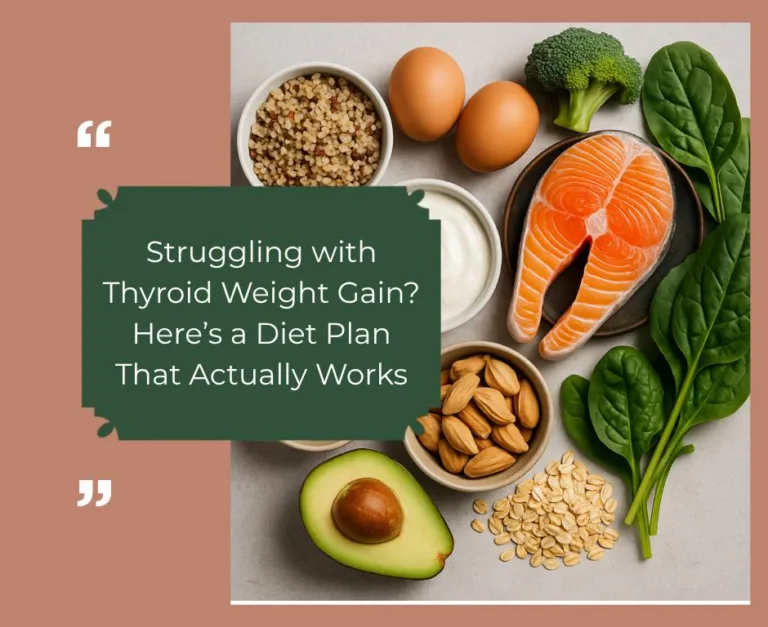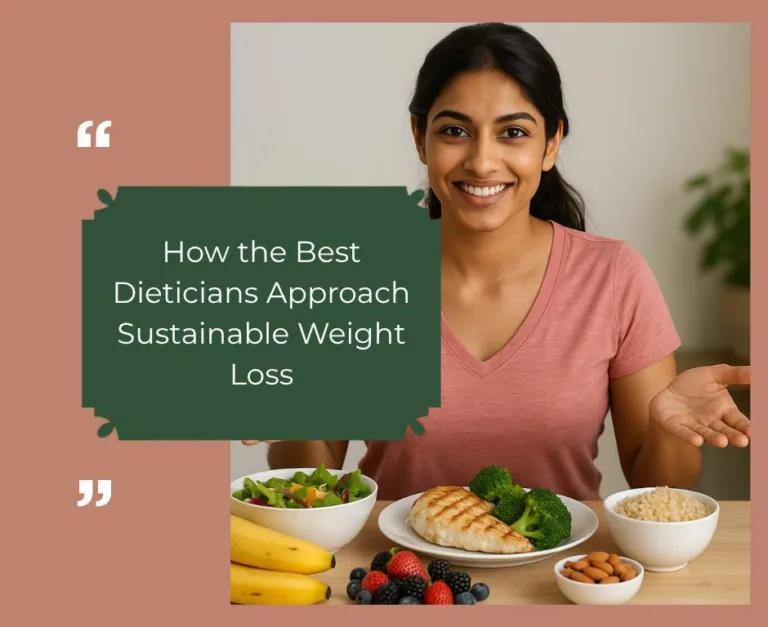Introduction:
Hypothyroidism- a condition that affects approximately 200 million people around the world. This condition arises due to low production of thyroid hormones by the thyroid gland.
Low thyroid hormone can lead to various health issues, including rapid weight loss, cold sensitivity, heart rate irregularities, irritability, tremors, muscle weakness, and sleep disturbances. Leaving hypothyroidism unchecked can be harmful to not just physical but mental and emotional health as well.
It’s essential to consult a healthcare professional if you suspect hypothyroidism or experience these symptoms, as untreated hypothyroidism can lead to serious complications. Specialised professionals like hypothyroid nutritionists can help with nutritional transformation.
What should you eat?
With so much to balance on a nutritional level, it is important to know which food groups are favourable for your health. Foods that can help you with hypothyroidism:
- Iodine-Rich Foods in moderation: Iodine is an essential nutrient for the proper functioning of the thyroid but overconsumption can make your case worse. Opt for foods like seaweed, fish, eggs, and dairy products in moderation.
- Lean Proteins: Lean proteins are protein-rich foods low in fat. This food group includes poultry, legumes, tofu, etc. They support your muscle health significantly and should be included in meals regularly.
- Whole Grains: Grains like brown rice, oats, quinoa and whole wheat help you avoid rapid blood sugar while providing fibre and healthy carbs.
- Vegetables and fruits: Eating a variety of colourful vegetables and fruits can be a step to meet your antioxidant, mineral and vitamin requirements.
- Healthy Fats: All three Omega-3 fats – ALA, EPA, and DHA are of utmost importance for hormonal health. Foods like Salmon, nut oils, seeds and avocados are some alternatives for the same.
- Dairy Products but in moderation: Dairy products are packed with food fats and micronutrients but can backfire if their portion sizes and frequency are not monitored. Opting for low-fat and no-fat dairy options is better in the long run.
Now that you know about the ingredients for your next meals, it just doesn’t stop here. Creating a sustainable diet for thyroid health involves considering various principles that promote overall well-being.
Some more tips that can help you achieve your goal-
- Balance and Moderation: Ensuring that you have balanced meals to fulfil your special nutritional requirements is one of the most important steps in managing hypothyroidism. No food group needed to be eliminated, just the portions and frequency needed to change.
- Whole Foods should be your go-to option: Your nutrition should mostly come from unprocessed whole foods such as fruits, vegetables, healthy fats, lean proteins, whole grains, etc. These foods are more likely to help you achieve that sustainable diet in the long run.
- Nutrition-dense, not calorie-dense: foods that provide ample nutrition without excessive calories are great options. Examples of this include leafy greens, berries, nuts, seeds, legumes, and fish.
- Limit Refined Sugars: Refined sugar is one of the biggest causes of inflammation as it can disrupt hormonal balance and is high in calories. Opting out for natural sweeteners like monk fruit, stevia or maple syrup can be a solution to indulge in your sweet cravings without compromise. Avoiding alcohol is only advised as it is high in sugar content.
- Consistency: A sustainable diet plan is not possible without consistency. Do not aim to go all in as it can be a shock from the routine and harder to follow. Try to ease yourself in a way that the changes seamlessly integrate into your life as much as possible. Consulting a hypothyroid nutritionist can help you with this.
- Hydration: Water can help in supporting thyroid function and overall metabolic process. Hence, being adequately hydrated throughout the day is one of the easiest steps you can take towards better health.
Conclusion:
It is overwhelming to make changes but you can do it by mindfully altering your habits and getting professional help. You need to give up on a healthy life or your favourite foods! Sustainability is a long-term journey rather than a goal. Take your time to build the healthier you!

